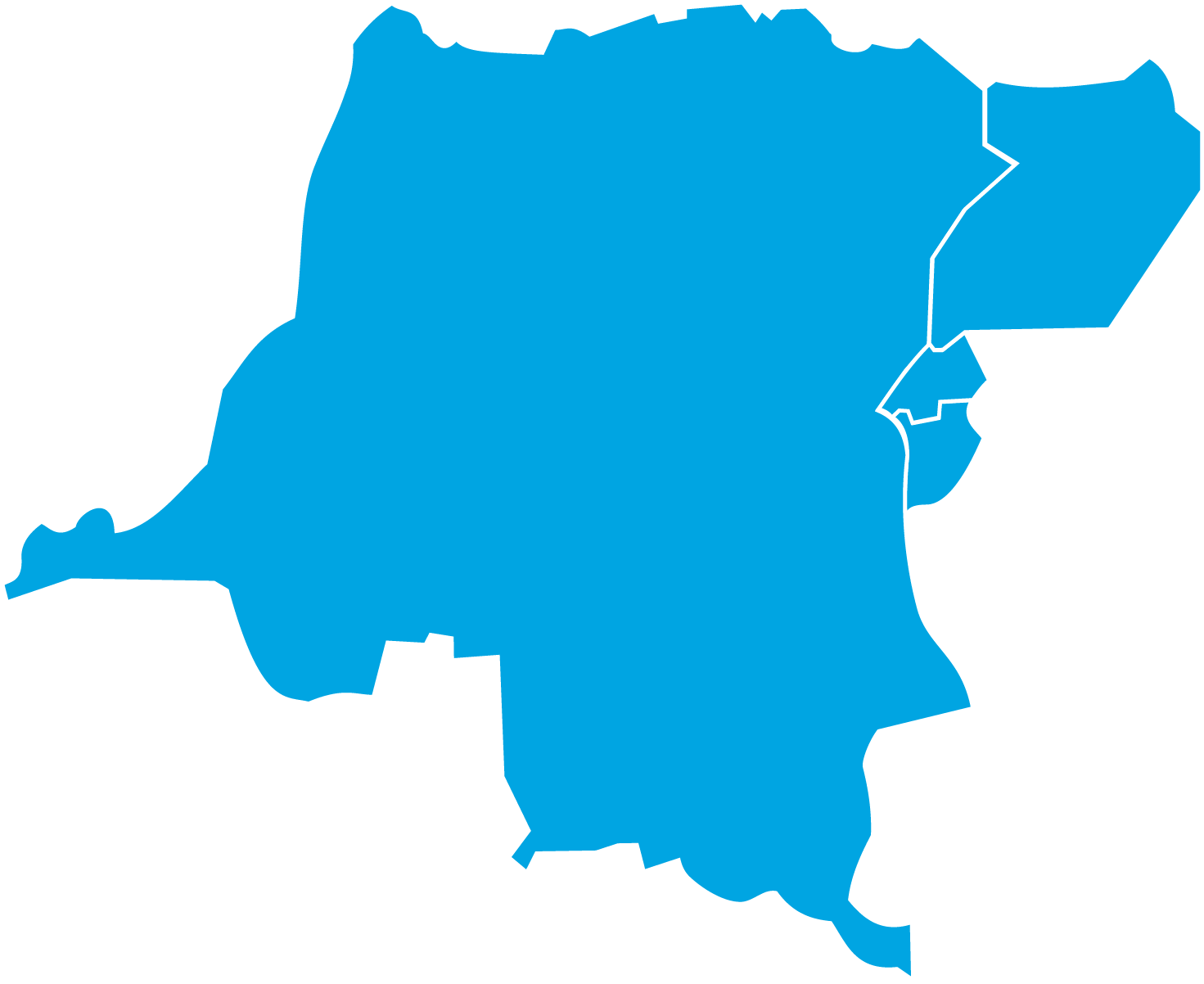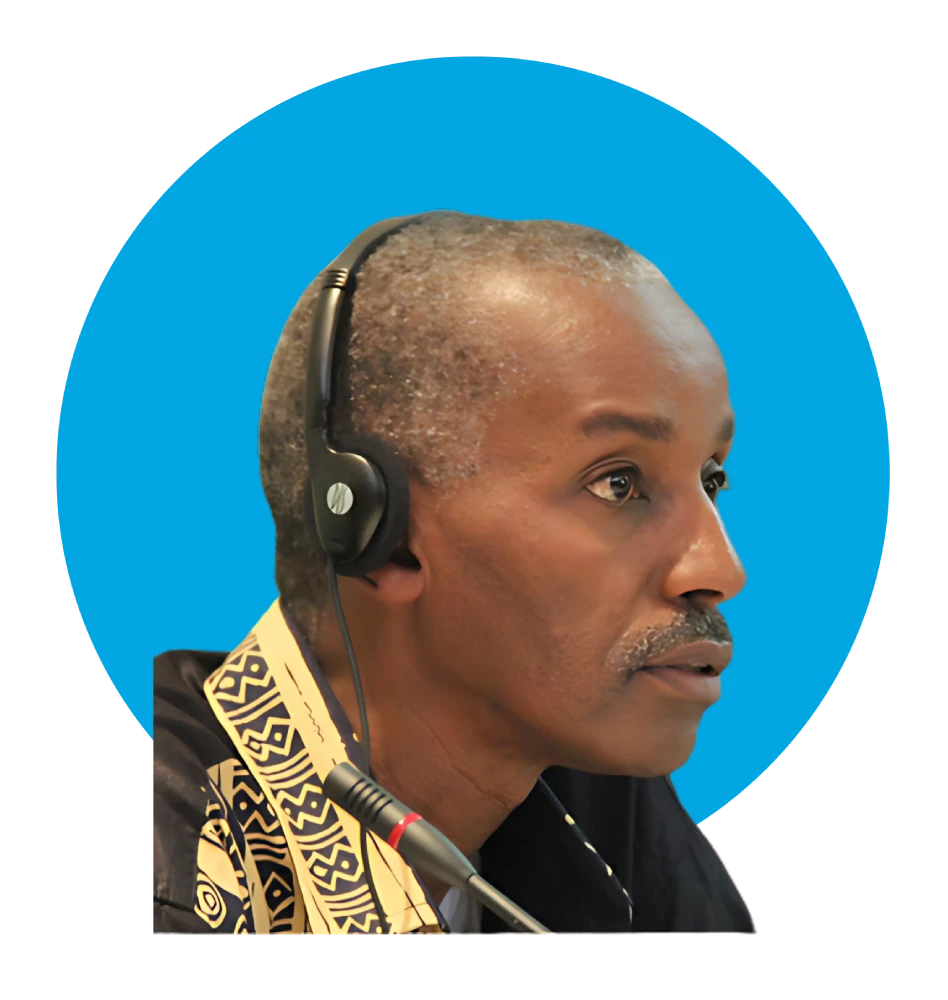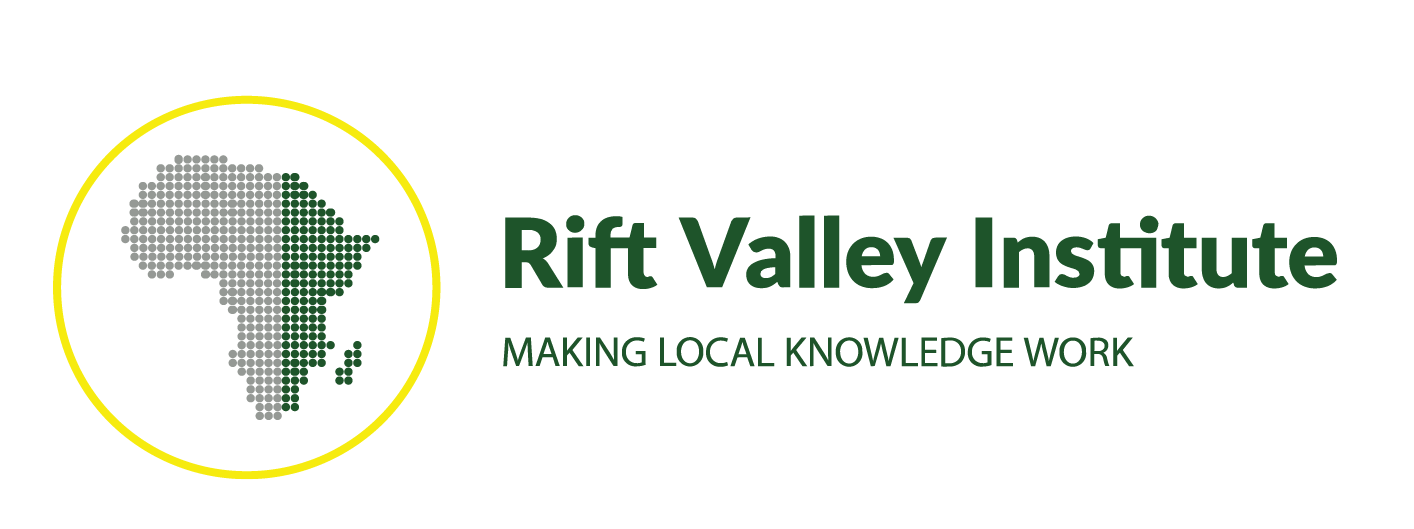
Note: Owing to unforeseen circumstances, the Great Lakes course will not take place.
COUNTDOWN
To CourseTHEME
Interlocking Crises in the Great LakesThe Great Lakes region of Africa faces its most severe political crisis in more than 20 years. The M23 crisis in the eastern DRC has displaced close to 3 million people. While the UN peacekeeping mission (MONUSCO) prepares to withdraw from the DRC, there is little sign of a functional peace process to address both immediate and root causes of the conflict. The conflict also features heavy involvement by Rwanda, Uganda and Burundi, and has drawn in the East African Community, the African Union and the Southern Africa Development Community. Other challenges are on the horizon. Succession battles in Congo and Uganda promise to render the upcoming elections in both countries contentious, while the polls in Burundi will test political stability there, especially given the gloomy economic situation.
The 2025 Great Lakes Course will explore the political economy of these countries, their governance challenges and the importance of shifting global geopolitics, as well as debate paths toward a more equitable and peaceful future.
Director
of Studies
DR JASON
Stearns
Associate Professor at Simon Fraser University, Founder of Congo Research Group at New York University
Jason Stearns is associate professor at Simon Fraser University and founder of the Congo Research Group at New York University. He has spent the past 24 years researching the politics and economy of the Democratic Republic of Congo, as a writer, academic, and analyst. He is the author of two books: Dancing in the Glory of Monsters: The Collapse of the Congo and the Great War of Africa (Public Affairs, 2010) and The War That Doesn’t Say Its Name: The Unending Conflict in the Congo (Princeton University Press, 2022).
Course
Teachers
Willy
Peter Nindorera
Burundian Researcher and Independent Consultant

Willy Peter Nindorera is a Burundian researcher and independent consultant. His research for the last 20 years has been mainly focused on thematic areas like security sector reform, media, governance, human rights and conflict analysis. He has worked for or with the International Crisis Group; Centre d’Alerte et de Prévention des Conflits (CENAP); the North-South Institute; Clingendael; the Nordic Africa Institute; the Institute for Security Studies; Berghof Foundation; the Rift Valley Institute; Levy Mwanawasa Regional Centre on Democracy and Good Governance; and Congo Research Group.

Assumpta
Mugiraneza
Writer and director of IRIBA

Assumpta Mugiraneza is a Rwandan author and researcher on subjects related to the genocide against the Tutsi. She is a co-founder and Director of IRIBA Center for Multimedia Heritage in Kigali, Rwanda. She has worked for 30 years on reconciliation, history and memory in Rwanda.

Michael
Kavanagh
Journalist

Michael J. Kavanagh is an American journalist who has reported on Central African politics and economics for more than two decades. Since 2009 he’s worked primarily for Bloomberg, covering daily news from the region and working on long-term investigations into financial malfeasance. He’s previously contributed to The Economist, the BBC, the New York Times, Slate, and numerous public radio and television shows in the United States.

Fred
Bauma
Executive director, Ebuteli

Fred Bauma is the executive director of Ebuteli, a research institute based in Kinshasa working on conflict, governance and Congolese politics. He is also cofounder of AfriKKi, a network of social movements on Africa and a member of Lucha, a leading pro-democracy movement in the DRC. Fred is also a senior fellow at the Center on International Cooperation at New York University.

Moses
Khisa
Associate professor at North Carolina State University

Moses Khisa is associate professor of political science at North Carolina State University, a Research Associate with the Centre for Basic Research in Kampala, Uganda and weekly columnist for Uganda’s Daily Monitor newspaper. He is the editor of Autocratization in Contemporary Uganda (Bloomsbury, 2025) and the author, with Rita Edozie, of Africa’s New Global Politics (Lynne Rienner, 2022).
Course
ResourcesInterlocking Crises in the Great Lakes
Day 1
War, memory and violent conflict
Monday, 2 June 2025
- The historical backdrop to the present
- The hangover of colonialism: Land, ethnicity and governance
- Whose history: memory and the power of narratives
Day 2
DRC: The nexus of violence, politics and growth
Tuesday, 3 June 2025
- The M23 crisis and its regional dimensions
- Civil society, media, and political opposition in Kinshasa
- The political economy of mining
- Resources, conservations, and mining
Day 3
Burundi and Rwanda: Estranged twins
Wednesday, 4 June 2025
- The CNDD-FDD: The challenges of a rebellion turned ruling party
- The Burundian political economy
- Rwanda’s political and economic models
- Reconciliation and memory in Rwanda and Burundi
Day 4
Uganda, the region and geopolitics
Thursday, 5 June 2025
- The history and present of the NRM
- Oil in Uganda
- The unfulfilled promises of the EAC and ICGLR
- Shifting geopolitics: New and old actors in the region
Day 1
War, Memory and Violent Conflict
Monday, 2 June 2025
- The historical backdrop to the present
- The hangover of colonialism: Land, ethnicity and governance
- Whose history: memory and the power of narratives
Day 2
DRC: The nexus of violence, politics, and growth
Tuesday, 3 June 2025
- The M23 crisis and its regional dimensions
- Civil society, media, and political opposition in Kinshasa
- The political economy of mining
- Resources, conservations, and mining
Day 3
Burundi and Rwanda: Estranged twins
Wednesday, 4 June 2025
- The CNDD-FDD: The challenges of a rebellion turned ruling party
- The Burundian political economy
- Rwanda’s political and economic models
- Reconciliation and memory in Rwanda and Burundi
Day 4
Uganda, the region & geopolitics
Thursday, 5 June 2025
- The history and present of the NRM
- Oil in Uganda
- The unfulfilled promises of the EAC and ICGLR
- Shifting geopolitics: New and old actors in the region
1.The ecological crisis in the
region is escalating. What
effect has it had on
regional conflicts?
What are some of the
macroeconomic and social
responses to this crisis
Climate change is making seasons less predictable and rendering episodes of both droughts and floods more intense. Populations in the Horn have a variety of coping mechanisms to deal with high variability in rainfall from year to year, but those systems are being severely tested. The biggest single response has been dramatic rural-urban migration, as destitute rural dwellers seek a new life in cities. Rural production in some areas has adapted, with use of more drought resistant crops, changed pastoral migratory patterns, and intensified efforts to capture water in dams and small catchment systems. Fears of actual water wars have not yet materialized in the Horn, but tensions over water use, diversion, and access are high, and communal clashes over boreholes and well-watered grazing areas have increased.

